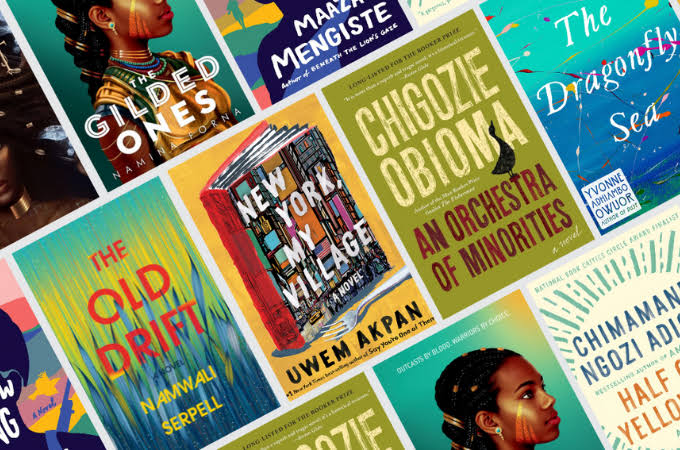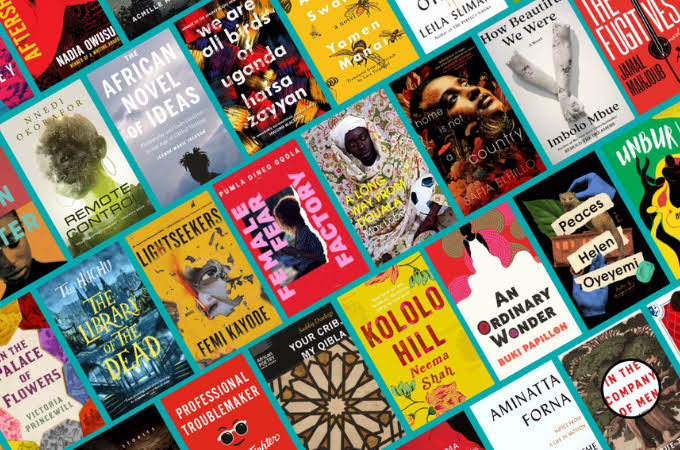African diaspora literature represents a profound narrative canvas, stretching across continents and centuries. It encapsulates the poignant stories of displacement, resilience, and the quest for identity. Authors from the African diaspora offer voices that resonate with the depth of shared heritage and individual experience. In this extensive exploration, we delve into the literature and authors whose works continue to leave an indelible mark on the fabric of global culture.
The Roots and Routes of African Diaspora Literature
African diaspora literature has its roots in the historical transatlantic slave trade, colonialism, and the subsequent migrations of African peoples. This literature is characterized by routes – the various paths African descendants took, willingly or by force, which have influenced their storytelling. The works that emerge from these journeys are as diverse as the authors themselves, spanning genres from autobiographical works to science fiction.

Pioneers of the Past: Laying the Groundwork for a Literary Tradition
Early works by African diaspora authors laid the foundation for a rich literary tradition. Phillis Wheatley’s poetry in the 18th century stands as a testament to the intellect and resilience of enslaved Africans in America. Moving into the Harlem Renaissance, figures such as Langston Hughes and Zora Neale Hurston celebrated African American culture, becoming cornerstones of African diaspora literature.
Contemporary Voices: The Global African Diaspora
In contemporary times, authors like Chimamanda Ngozi Adichie, with her novels like “Half of a Yellow Sun,” and “Americanah,” delve into the complexities of identity and migration. Meanwhile, Colson Whitehead’s historical narratives in “The Underground Railroad” and “The Nickel Boys” reflect on the painful history of racial injustice in America.
Themes and Threads in African Diaspora Literature
The literature of the African diaspora weaves a complex tapestry of themes, including the search for identity, the impact of colonialism, the struggle for civil rights, and the celebration of cultural heritage. The dialogue between tradition and modernity is a recurrent motif, as is the exploration of the African diaspora’s influence on global culture.

Genre-Bending and Innovation
African diaspora authors have been at the forefront of literary innovation, bending genres to fit the contours of their stories. Science fiction and fantasy, for instance, are employed by writers like N. K. Jemisin and Tomi Adeyemi to explore alternate realities and question the status quo, while melding elements of African mythology.
Literary Prizes and Global Recognition
Authors of the African diaspora have been recognized globally for their contributions to literature, with many receiving prestigious awards. From Nobel laureates like Wole Soyinka to Booker Prize winners like Marlon James, their accolades are evidence of the critical acclaim and influence these authors have garnered.
Language and Dialect: The Power of the Spoken Word
The linguistic diversity of African diaspora literature is one of its most striking features. Patois, Creole, African American Vernacular English (AAVE), and other linguistic blends serve not only as a mode of communication but as a form of resistance and identity. The mastery of language by authors such as Edwidge Danticat showcases the beauty and complexity of these linguistic expressions.
Literature as a Reflection of Society
The literature of the African diaspora holds up a mirror to society, reflecting issues of race, gender, and class. It serves as a vehicle for social commentary and a tool for change. The writings of Ta-Nehisi Coates and others engage directly with contemporary social issues, urging a reexamination of societal norms.
The Role of African Diaspora Literature in Education
In educational curricula, African diaspora literature is essential for its diverse perspectives on history, culture, and human experiences. It provides a more comprehensive understanding of the world and promotes empathy and inclusivity.
The Digital Age and Diaspora Literature
The internet has revolutionized how we access and consume literature. African diaspora authors have leveraged digital platforms to reach a wider audience, and online book clubs and literary discussions have become integral in shaping the contemporary literary scene.

Challenges and the Way Forward
Despite its richness, African diaspora literature faces challenges, including underrepresentation in publishing and the literary canon. There is a growing movement to address these challenges, with initiatives aimed at promoting diversity in literature.
African diaspora literature is not a monolith but a vibrant chorus of voices, each telling a story that resonates with the echoes of the past and the hopes of the future. The authors and their works discussed here are but a glimpse into this vast and varied field, inviting readers to immerse themselves in narratives that transcend boundaries and unite us in our common humanity.
A Call to Readers and Writers
The continued growth and impact of African diaspora literature rely on readers and writers alike. Engagement with these works, through reading, discussion, and literary creation, ensures the vibrancy and relevance of this literature for future generations. Readers are encouraged to seek out African diaspora stories, to listen to the voices that emerge from the pages, and to allow these narratives to inform their understanding of the world.
Preserving and Propagating the Heritage
As we progress into the future, the preservation of African diaspora literature is paramount. Digital archives, literary festivals, and scholarly work contribute to the propagation of this heritage. Institutions like The African American Literature Book Club (AALBC) and publishers dedicated to African diaspora authors play a pivotal role in this endeavor.
Embracing Diverse Narratives
The global community stands to gain immense wisdom from embracing the diverse narratives within African diaspora literature. This literature serves as a bridge, connecting readers from all walks of life to the diasporic experience—a journey of struggle, triumph, and the relentless quest for identity.
The Power of Storytelling
Ultimately, African diaspora literature underscores the power of storytelling as a means to forge identity, enact change, and foster understanding. It is a testament to the enduring spirit of the African continent and its people, dispersed yet united through the shared language of literature.
Final Words
In the corpus of world literature, the stories of the African diaspora hold a critical place, inviting reflection, challenging preconceptions, and enriching the global literary landscape. These stories resonate with the force of lived experience, the power of resilience, and the beauty of cultures that have profoundly shaped the world.
As we close this extensive look into African diaspora literature and authors, let us carry forward the understanding that every story is a thread in the larger tapestry of human experience, each one vital to the integrity and richness of the whole. It is through these stories that we continue to learn, to empathize, and to grow as a collective humanity.

